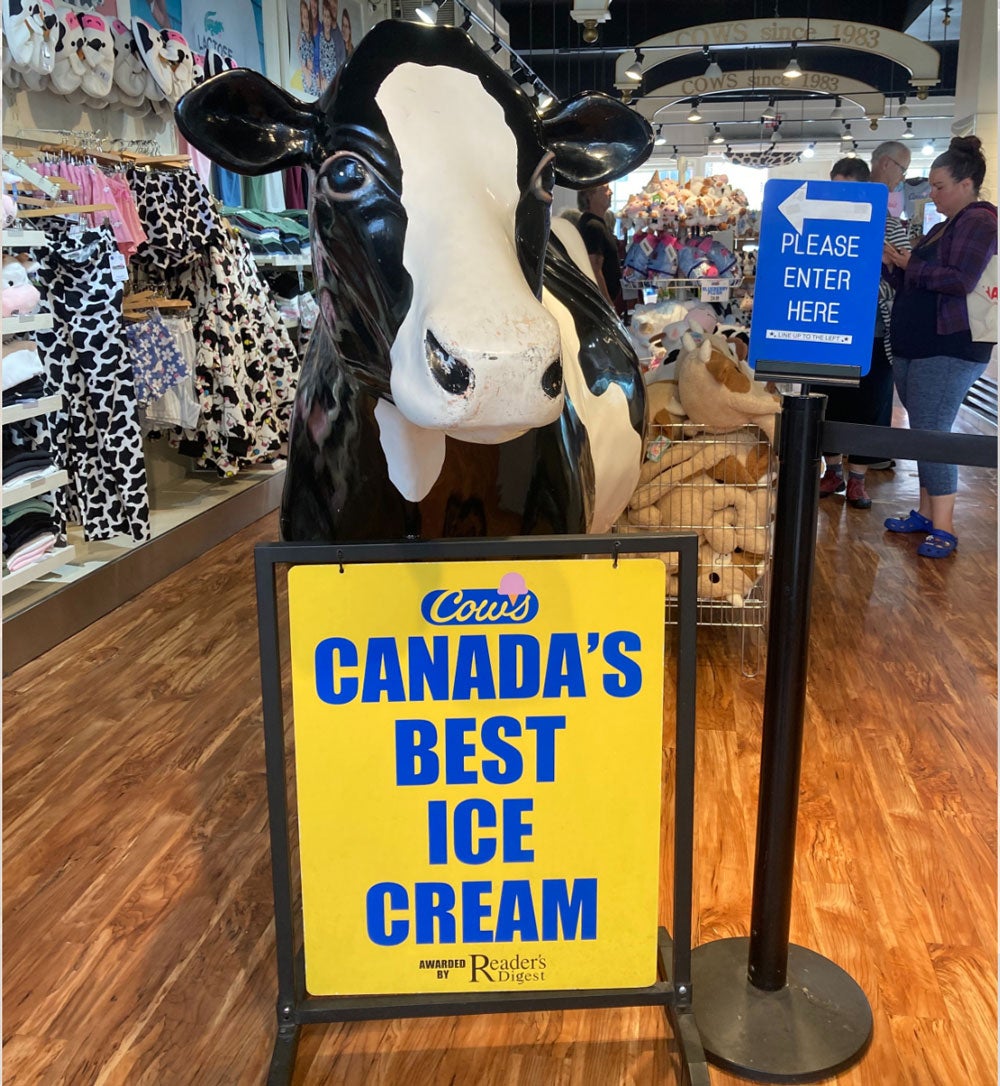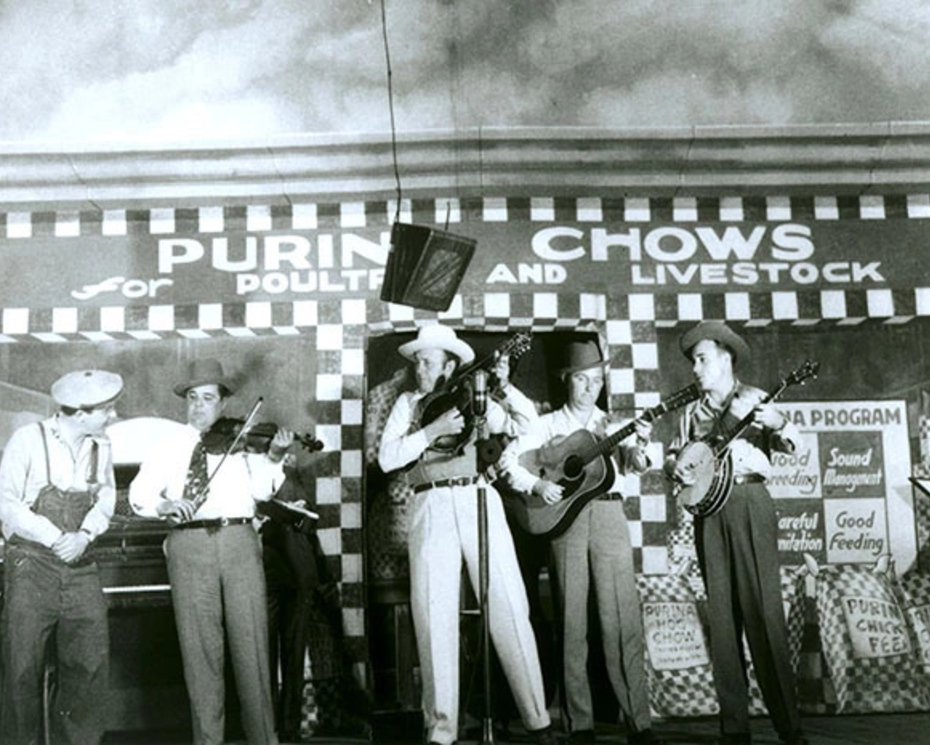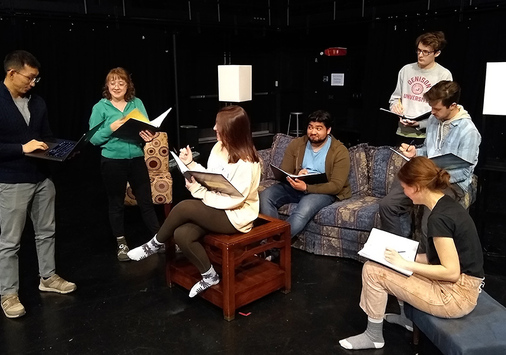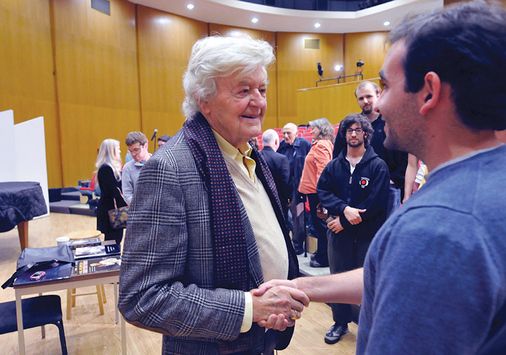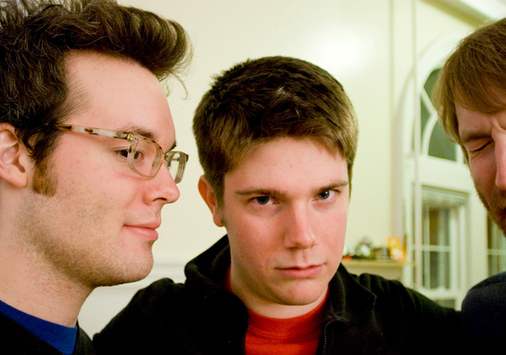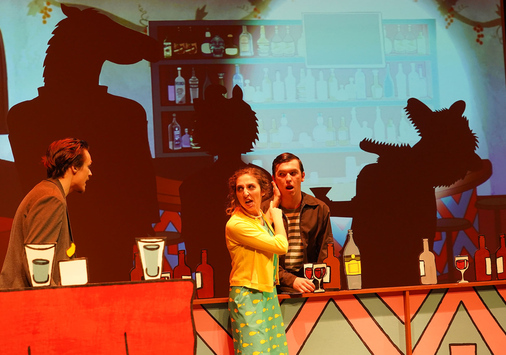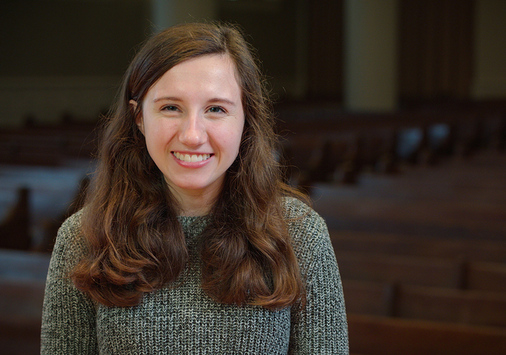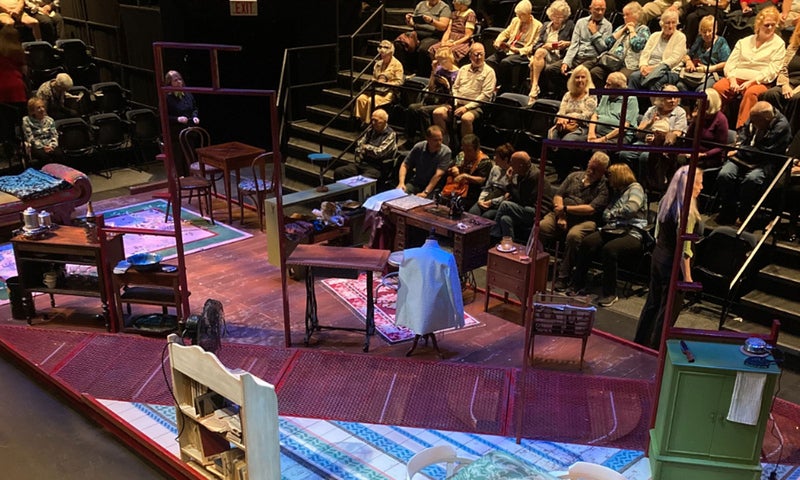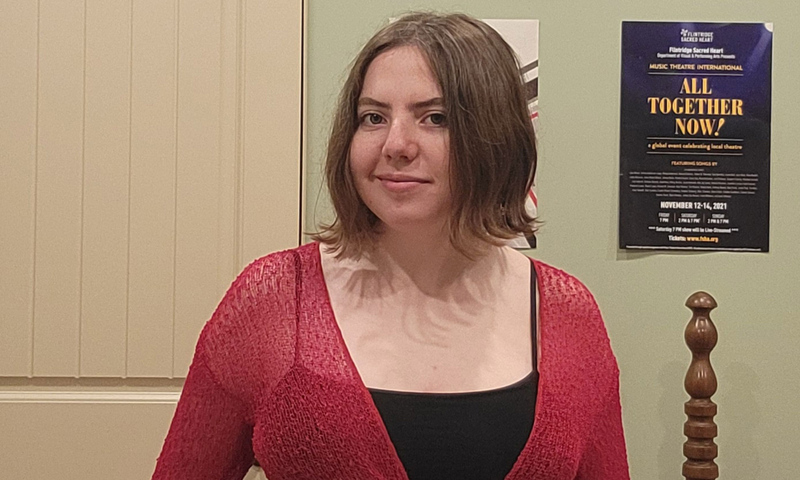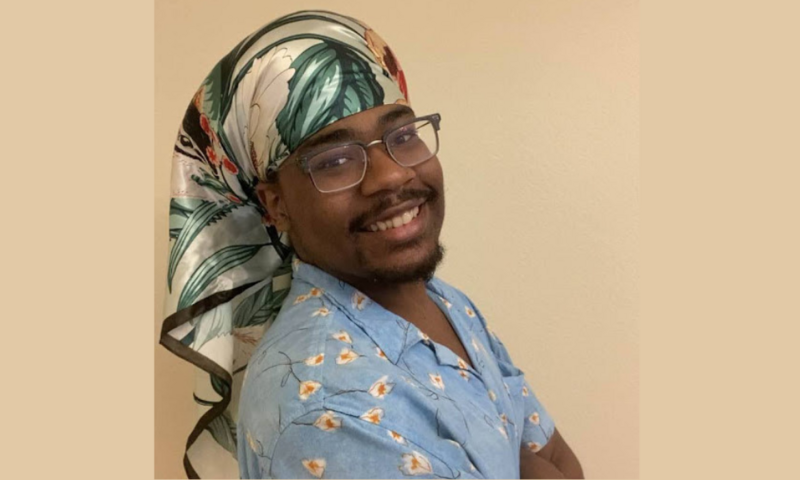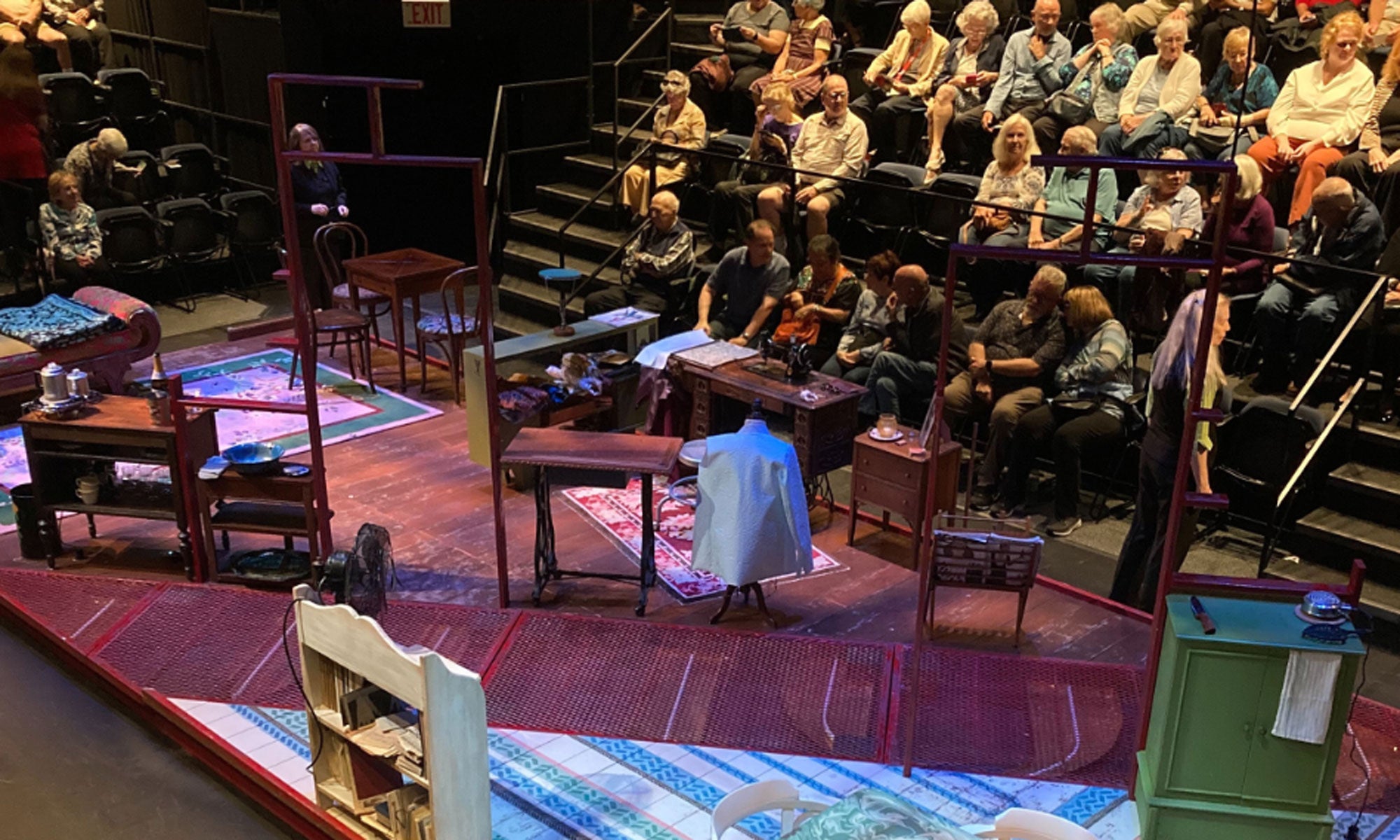
“But how will you make a living?”
It’s a question often aimed at students pursuing a passion in the arts, and one that implies a future of instability. This narrative is something Tionna Wear ’28, a double major in theatre and Black studies, knows all too well.
“I very consistently hear from people that the industry is hard, there’s a good chance that you won’t make it, and just a lot of pessimistic things about it,” Wear said. However, a recent, fully funded trip to the prestigious Shaw Festival in Canada offered a counter-narrative that showcased a different kind of future for working artists.
In contrast to the usual narrative, Wear said it was “refreshing” to see a diverse company of actors who “have their own life, have a family… and basically be fully employed as an actor.”
Conversations in workshops provided an optimistic perspective that “there are opportunities to be an actor and be financially stable,” Wear said. “I don’t think we highlight that enough.”
This new perspective on the industry was matched by new perspectives on the art itself. Wear was captivated by productions that pushed creative boundaries.
Actors drew their roles from a hat each night for a long-form improv murder mystery — forcing them to know every single character. In another, a sighted actress played a blind woman while a blind actor played a sighted man. The play culminated in a fight scene between the two, a challenge Wear found fascinating.
For Wear, who had previously never seen a blind actor on a stage, especially in such an involved scene, the play drove home a core belief that “anyone can act.”
The festival also served as a bridge between Wear’s two majors. Her favorite show, Blues for an Alabama Sky, was written by Black American playwright Pearl Cleage and set during the Harlem Renaissance. The play resonated deeply with her second major in Black studies, tying references directly to her history courses. Wear found herself in a discussion with another audience member, explaining the historical context of the play.
Wear recommends the trip to other students.
Beyond the invaluable networking and learning, the festival offered a chance to grow in ways that couldn’t be replicated on campus. “I do think that people should always try to relearn the fundamentals,” she said. “There’s always a perspective that you haven’t looked at.”
The three-day trip, made possible by Charlie Owens ‘85, senior development and U.S. Relations Ambassador for the Shaw Festival, in partnership with Denison’s Department of Theatre, was an immersive dive into the world of professional theatre. A schedule running from 9 a.m. to 10 p.m., packed with shows, workshops, and intimate discussions with actors, directors, and writers, offered a direct and unfiltered window into the lives of professional artists. In contrast to the usual narrative, Wear said it was “refreshing” to see a diverse company of actors who “have their own life, have a family… and basically be fully employed as an actor.”
